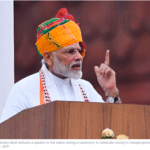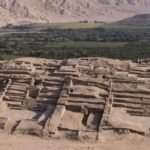The President of Pakistan holds significant powers and responsibilities, including the ability to make laws through ordinances, dissolve the National Assembly, and perform various legislative and judiciary functions. The current presidential election in Pakistan is marked by political tension and a critical step in the democratic process. Arif Alvi is completing his tenure as the fourth consecutive president. The election involves over 1,000 lawmakers voting for a new president, with Asif Ali Zardari having an advantage over his rival, Mehmood Khan Achakzai. The voting process involves an electoral college of 696 votes, with Zardari expected to secure around 400 votes. The candidate for president must meet specific criteria outlined in the Constitution, including being a Muslim and at least 45 years old.
The electoral process for the president involves the Election Commission of Pakistan overseeing the election, with polling stations set up in different locations. The presiding officers ensure a fair voting process, with ballots cast through secret voting. The results are compiled and announced by the ECP shortly after the election. The newly elected president will be sworn in by the Chief Justice of the Supreme Court.
Presidential elections in Pakistan are held every five years, with the current president’s term extended due to political changes. The role of the president has evolved, with the 1973 constitution reducing it to a ceremonial position. The prime minister’s advice holds significant weight, and the president’s powers are limited compared to previous constitutions. Despite these changes, the president still plays a crucial role in key appointments and decision-making processes.














